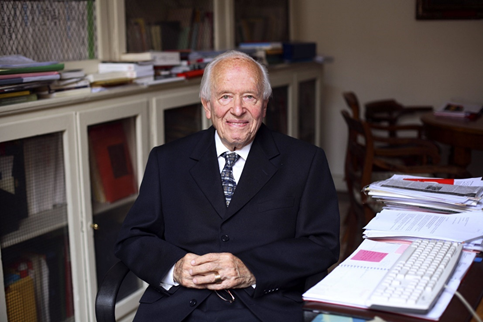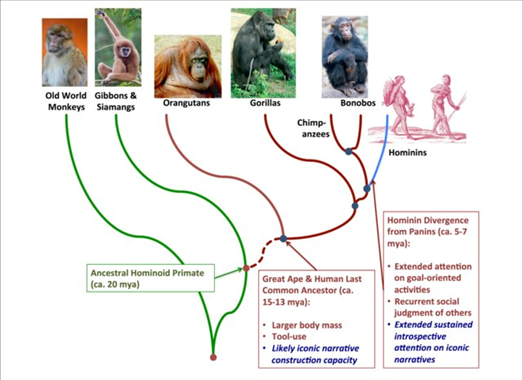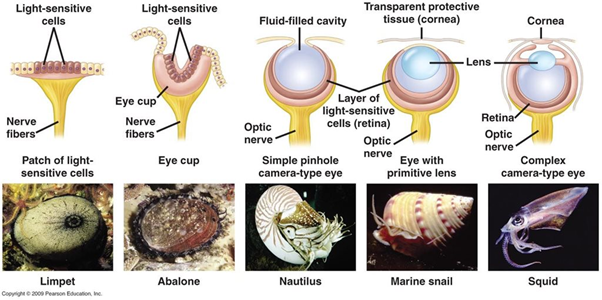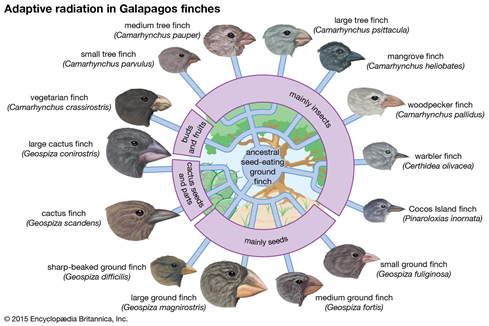The Italian version of Charles Darwin's The Origin of Species opens with a preface by Luca and Francesco Cavalli-Sforza. They are two of the four children of Luigi Luca Cavalli-Sforza, an Italian geneticist, academic, researcher, and professor emeritus at Stanford University in California, who died in 2018 and became known for his research activities in population genetics. He was also involved in anthropology and history in his studies of human migration.
Translation: "It is said that when Laplace, the great French astronomer, presented Napoleon with a copy of his Celestial Mechanics, in which he described universal gravitation and advanced hypotheses on the formation of the solar system, Napoleon remarked: "Mr Laplace, they tell me that you have written this big book on the design of the universe, without ever mentioning its Creator". "This is a hypothesis I did not need", replied Laplace. When Napoleon, amused, reported this conviction to the mathematician Lagrange, he exclaimed: "What a beautiful hypothesis! It explains a lot! ". Two hundred years later, modern texts on astronomy continue to describe the behaviour of celestial bodies without the need for a God creator. In science, no unnecessary hypotheses are introduced to explain events. While no one nowadays argues about divine intervention in the history of the cosmos, a similar question resurfaces from time to time in biology. Since Darwin's time, the theory of evolution has made enormous progress and can explain a great deal of the history of life. Today, our relationship with primates is no longer in question. It has been proven beyond any reasonable doubt.
Science and religion have always had harsh disagreements about explaining the existence of the observable universe from the earliest known periods through its subsequent large-scale evolution (of both abiotic and biotic factors). My opinion is that science should not be concerned with the beliefs of others if the views of others do not limit science. But, at the same time, religions should help scientists find the right path following moral rules and ethics. Both science and religion are great powers that give humankind its singularity. Therefore, they should work together to make our species more just, educated and happy.





 RSS Feed
RSS Feed